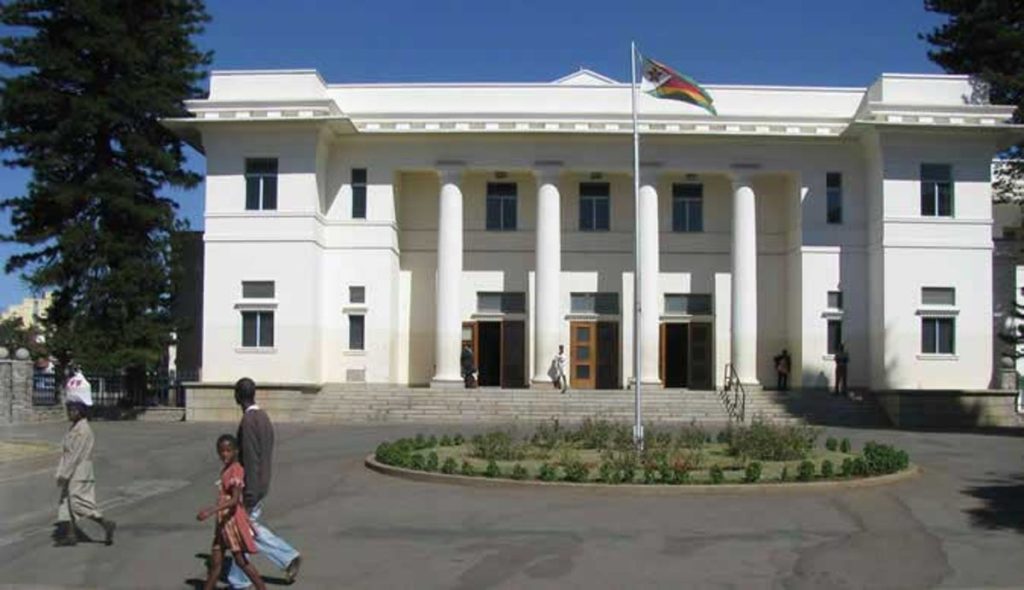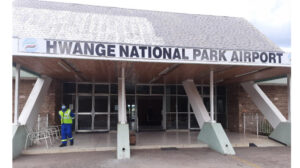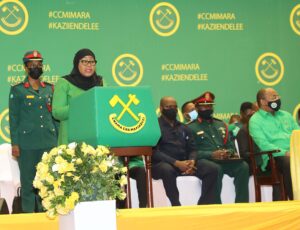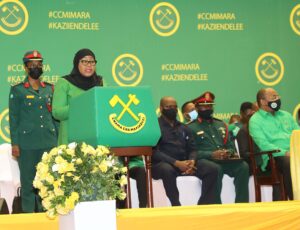
CLAIM: BCC has banned the erection of tombstones – Northern Granites
SOURCE: Northern Granites, Bulawayo
VERDICT: True, the local authority banned the use of tombstones two years ago advising the city’s residents to settle for headstones instead.In an article dated July 16th 2022, in the Chronicle newspaper, a Northern Granite representative claimed that they could not erect a tombstone for late Zimbabwean, Elvis Nyathi, who was murdered in South Africa earlier this year, though they had promised to do so during his funeral wake.
Instead of the promised tombstone, the company erected a headstone.
The company representative, Lino Nyevhe, was quoted in the Chronicle saying, “We wanted to erect a tombstone, but the Bulawayo City Council (BCC) advised us that we had to do with a headstone because it had banned tombstones. We may apply for a waiver so that we honour our brother the right way, we do not think that the gravestone is enough.”
A reader asked FactCheckZW to check if the claim by Northern Granite that BCC had banned the erection of tombstones was true or not.
The claim is true.
In a statement published on 12 January 2020, the Bulawayo City Council announced the banning of tombstones in its new cemeteries, and outlined the process of getting permission to erect headstones instead.
It also set out the dimensions for headstones.
The banning of tombstones affects Athlone West Cemetery and the new cemeteries like Umvutshwa.
Cemeteries like West Park, Luveve and Hyde Park were not affected.
Difference between a tombstone and headstone
A tombstone/gravestone is the stone placed on top of the grave. This includes the stone at the head and a slab covering the grave. Headstones, on the other hand, are generally markers denoting a grave placed at the head.
CONCLUSION: Yes, the claim that the Bulawayo City Council banned the erection of tombstones in some of the city’s grave yards including Umvutshwa cemetery, where Elvis Nyathi was buried, is true.










